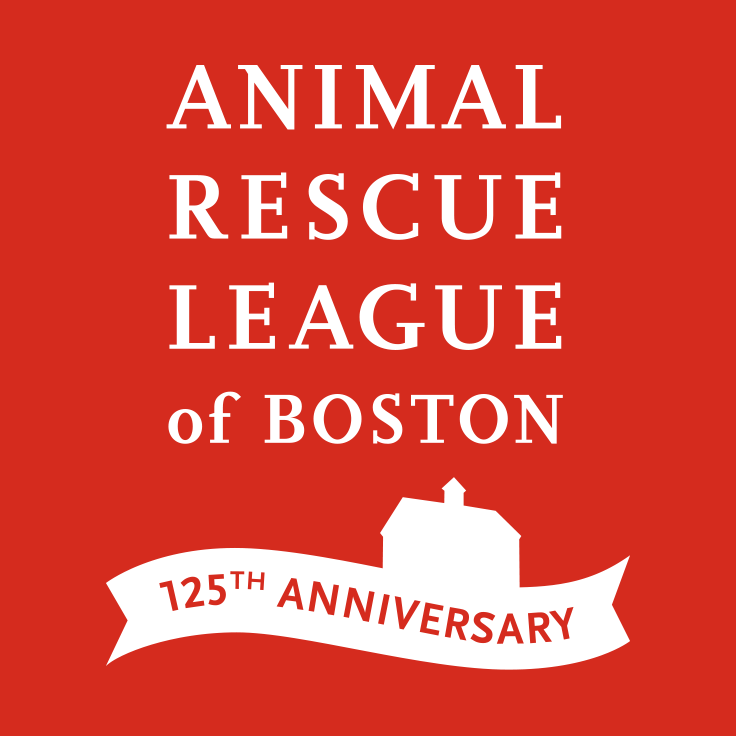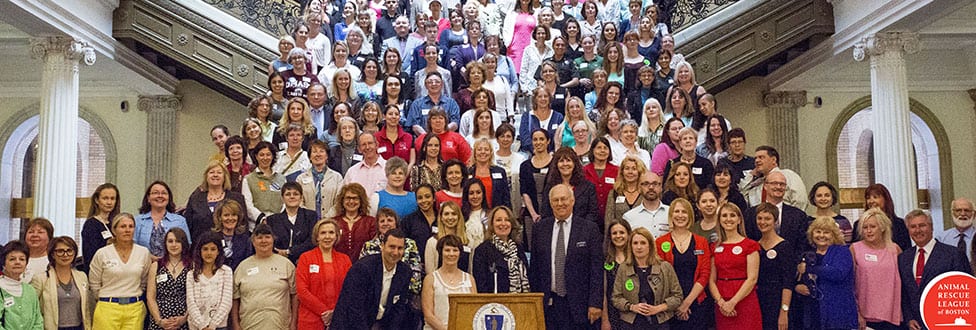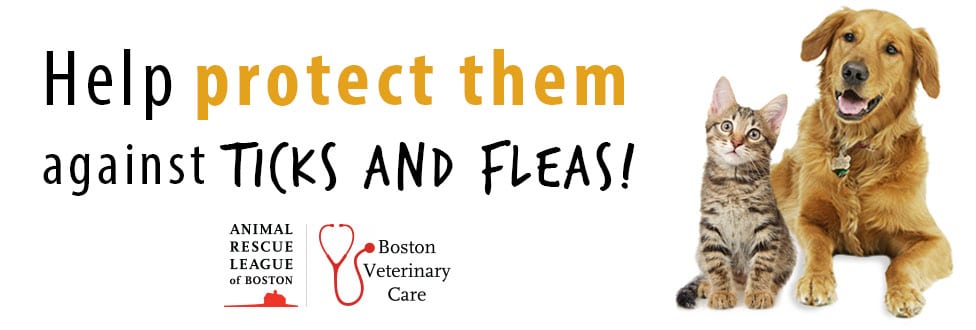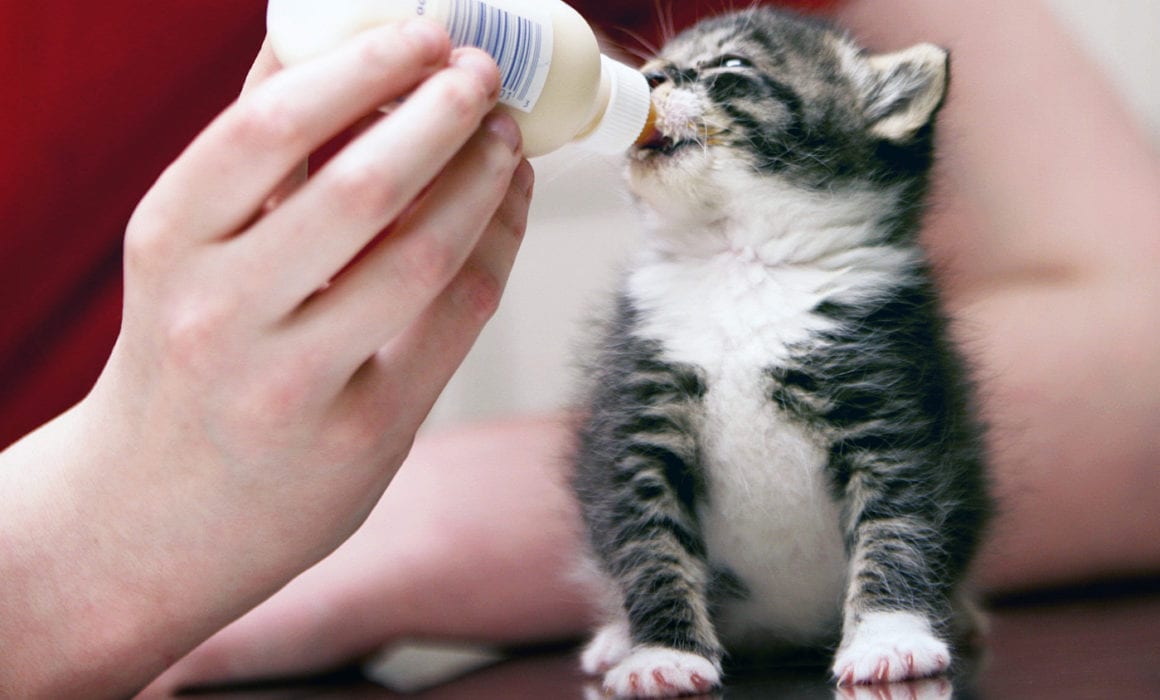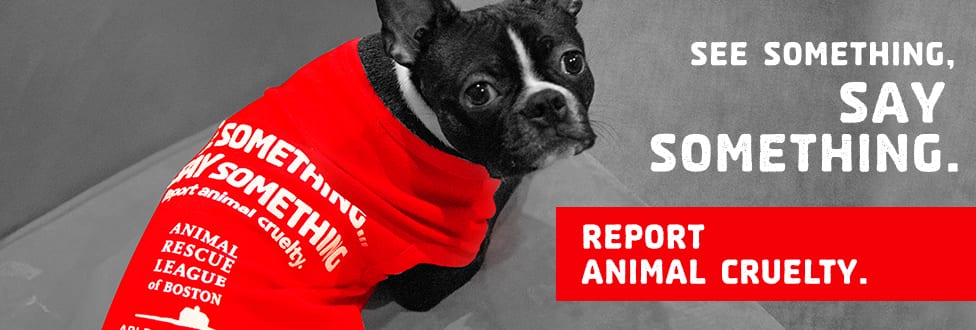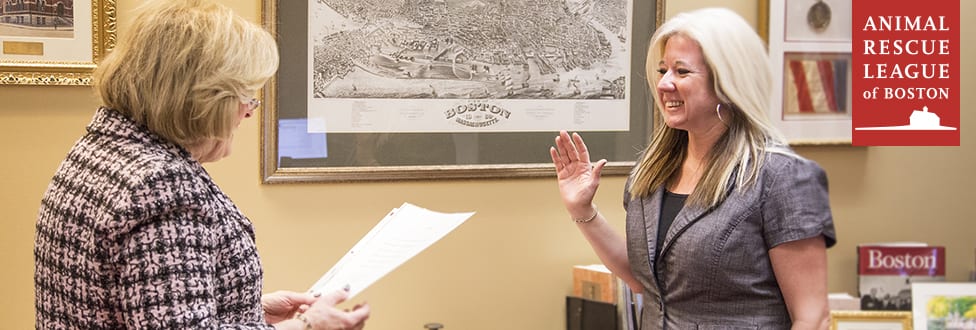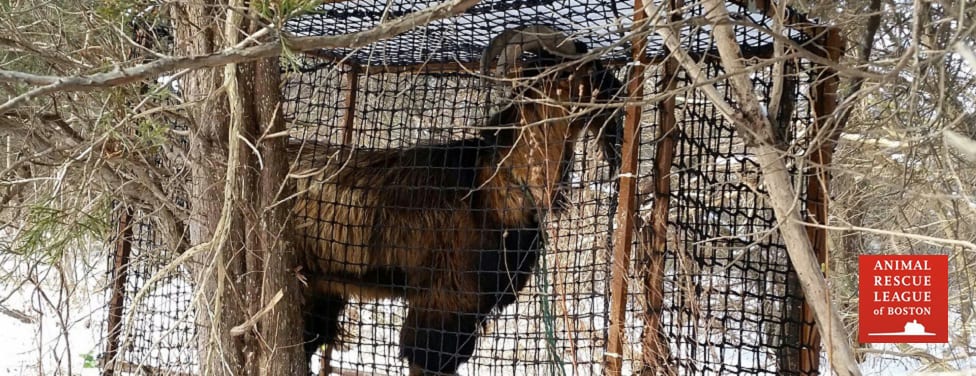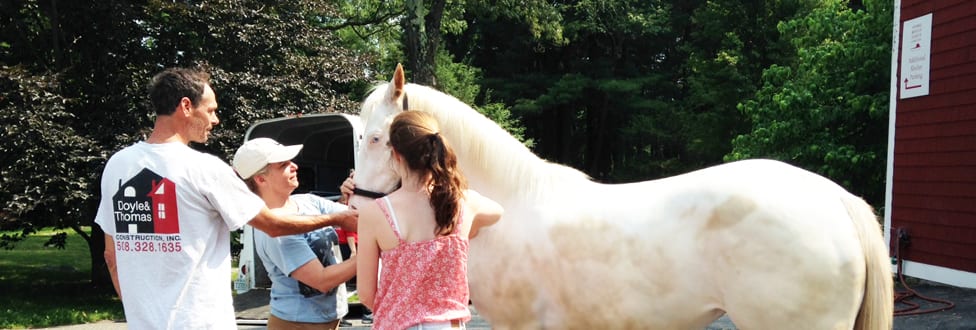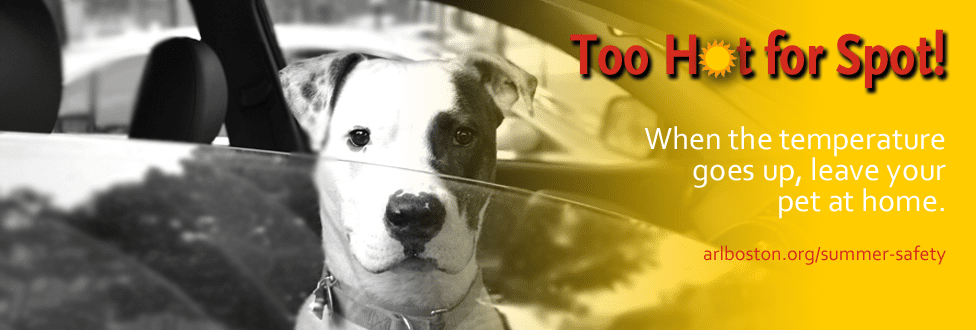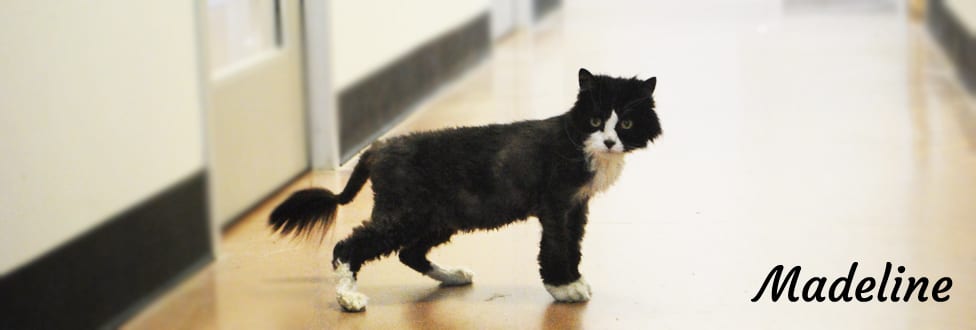Impressive Turnout for Humane Lobby Day 2015!
ARL participated alongside notable local and national animal welfare organizations
On May 13, 2015, staff and volunteers proudly represented the Animal Rescue League of Boston (ARL) at Humane Lobby Day held at the Massachusetts State House. Strong attendance of both state representatives and citizen animal advocates reinforced to legislators how important animal welfare is to their constituents.

ARL staff and volunteers participated in Humane Lobby Day 2015 at the Massachusetts State House to show support for the cause of animal welfare and to thank legislators who have helped push through important laws impacting animal rights.
ARL staff and volunteers welcomed all Humane Lobby Day participants to speak with us about who we are and the important work that we do in the community. All were impressed by ARL’s courageous Rescue Services team, our awesome adoptable shelter pets, and our continuous efforts to educate the public about animal welfare and safety.

ARL staff spoke with state representatives and citizen animal advocates about what makes our local organization unique.
A big THANK YOU to our fellow Humane Lobby Day partners- The Humane Society of The United States, MSPCA, and ASPCA for giving animals a voice and asking state legislators to pass laws that benefit both animals and humans alike!

MSPCA rescue, Lincoln, stole the show. He was adopted by Massachusetts State Senator Karen Spilka after meeting one another at last year’s Lobby Day!
The Animal Rescue League of Boston will continue to support legislation that enhances and improves protections for animals, and to oppose reforms that endanger the welfare of animals in Massachusetts. Continue to check our legislative agenda for updates on the status of legislation impacting animal welfare in Massachusetts.
